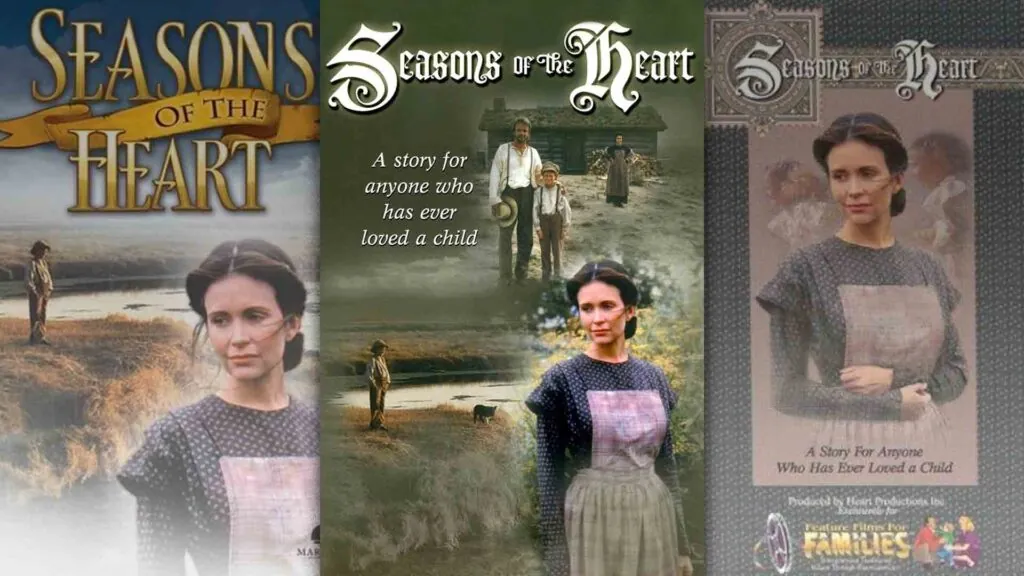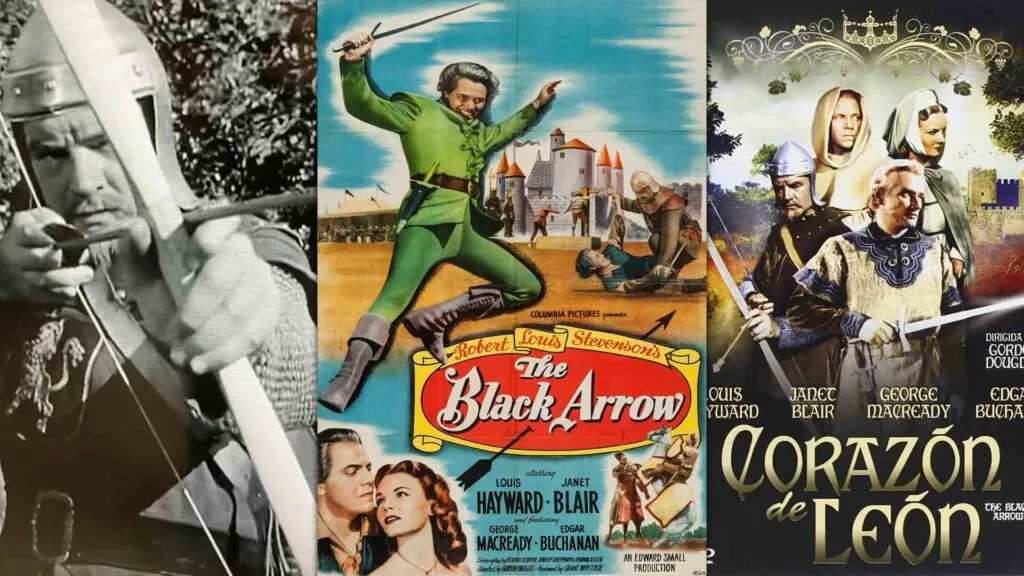Historical drama / Family
80 min / 1957
RATING: 7/10
Walt Disney clearly loved American history, and Johnny Tremain is another of his homages to it (The Swamp Fox and both Davy Crocketts being a few of the others).
The setting is 1773 Boston, just weeks before the Boston Tea Party protest: on May 10, 1773, colonists who were masking their identities by dressing up as “Indians” boarded ships carrying tea, and threw the cargo into the harbor. This was a protest against a tea tax that had been imposed by the British Parliament. The Tea Party’s actions stirred the pot, angering Parliament, which then passed further laws, described in the colonies as the “Intolerable Acts” which in turn angered more colonists. That’s how the British Tea Party was an early precursor to the American Revolution that began two years later.
So Boston is a busy place, as the story starts, but our hero Johnny is too busy to care much. He has his own concerns: his master is getting older, and losing some of his skills. Johnny seems to feel that if he is going to make his own name in the silversmith trade, he may need to take on jobs his master refuses to do.
However, when he tries to complete a complex job while his master is away at church, it goes badly for him: breaking the Sabbath costs him the use of one of his hands which he badly burns on molten silver. The accident also costs him his trade, as a one-handed apprentice isn’t much use. With his options limited, Johnny falls in with the “Sons of Liberty,” becoming a revolutionary not so much out of principle, as out of friendship: these are the only people willing to give him a job. But as he gradually becomes acquainted with one of the movement’s leaders, like Paul Revere and Samuel Adams, he gets won over to the cause and starts working as a secret courier.
Cautions
America is sometimes said to revere God, country, and guns, and not necessarily in that order. That might well be true of Walt Disney too, and comes out in this film in small ways, like how the most overtly Christian character is also the most joyless – the silversmith makes worship all about duty, not love. Still, God is not mocked.
Other cautions include lots of gunplay but shown from a distance, which greatly mutes the impact.
The most notable caution would be the “fight for liberty” this movie celebrates. Is it liberty, or is it simply rebellion? I don’t know what to think about the American Revolution. The Canadian in me says, “You rebelled over a tax?” – that hardly seems warrant enough for a Christian to take up arms! But some American brothers have explained/argued that it wasn’t so much a rebellion against the King as against the British Parliament. And, so their argument goes, the British Parliament imposing a tax on the colonies was akin to Alberta imposing a tax on Manitoba: it was an action they didn’t have the jurisdiction to impose. What a viewer concludes about the rightness or wrongness of the American Revolution will greatly impact what they think about the film.
Conclusion
As a Canadian, watching this more for entertainment than education, this was a pretty good, and family-friendly, adventure film. There are brave folk taking their stands based on principles that they hold more dearly than their own lives. And that’s an example we can learn from, especially when we have our Canadian government trying to penalize spreading His Truth to homosexuals. It might well be that we will need to risk much for what matters more.
And American kids who have read the book in elementary school (where it has been a staple for decades) may really enjoy seeing how the story unfolds on the big screen. So, one thumb up.











